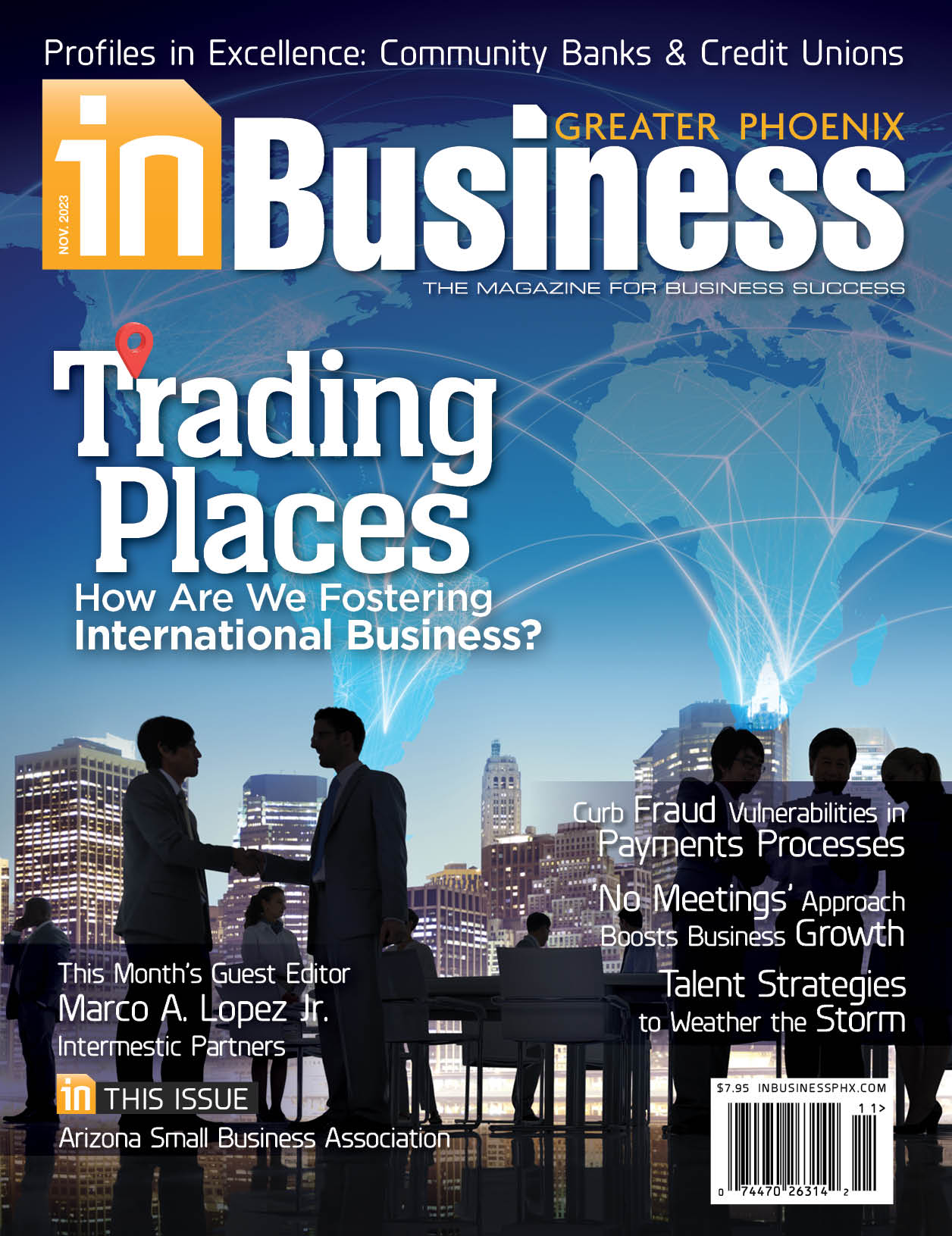 With a call to action from an increasing volume of buyers for integrated solutions that deliver improved, measurable results, many companies are demanding solution partners that will drive innovation and enhance value for a larger population of consumers. The primary means of delivering on this “new normal” are business ecosystems, which are now a foundational approach to most companies’ growth strategies.
With a call to action from an increasing volume of buyers for integrated solutions that deliver improved, measurable results, many companies are demanding solution partners that will drive innovation and enhance value for a larger population of consumers. The primary means of delivering on this “new normal” are business ecosystems, which are now a foundational approach to most companies’ growth strategies.
Ecosystems move beyond conventional organizational boundaries, forming strategic collaborations among multiple players that provide key benefits for every company engaged in the ecosystem. Through the sharing of data, resources and services, an ecosystem enables its members to offer unique cross reach, satisfy broader customer needs, and achieve business goals that would not be possible on their own. As reported by Deloitte Insights, “Ecosystem-driven portfolio strategy,” research also has shown investors place higher enterprise value on companies that prioritize and orchestrate business networks, as opposed to traditional industries and value chains.
Business ecosystems position themselves competitively when they are appropriately constructed and managed, facilitating the development of complete customer solutions that align with the value and benefit each company needs. But once an ecosystem is created by the right partners with the right synergy, the work must begin to ensure the ecosystem is sustainable. Studies have shown many business ecosystems don’t experience longevity even after they become successful.
Given the highly dynamic nature of a group of companies that have previously worked independently from each other, what is the most effective way to develop an ecosystem that will both survive and thrive?
Be agile, not fragile: A successful ecosystem requires a nimble network of companies that isfluid in design. As an ecosystem evolves, its partners must continuously reevaluate strategy and adapt in real time for rapidly changing narratives, evolving workloads and shifts in the market that affect product lines or technology. In an era with an unpredictable global economy, there is no place in any business ecosystem for “We’ve always done it this way.” Agile ecosystems will capitalize on their shared resources and data to open new markets and grow their customer base — more quickly than their competitors — while they continue to build from a position of strength.
Contributions from all, value for all: A key economic advantage of an ecosystem is how it joins numerous companies of all types, often with different customers and goals, to collectively deliver solutions beyond the capacity of any single organization. Each member is a key part of the larger overarching system, with a clear presence in its value proposition and a specific role in driving its success — whether as a participant or orchestrator. For an ecosystem to thrive long term, each company must realize individual value as well, and they must work together to ensure that for each other. The concept of “We make each other individually better by being aligned working together” is critical to the ecosystem’s continuing viability.
A human-centric culture of trust: The significance of an inclusive, respectful culture as an essential ingredient — both internally and externally — cannot be overstated. A complex ecosystem of strategic partners, vendors, suppliers, investors and customers will falter without the level of trust required for meaningful collaboration and persuasion. Partners must be on the same page regarding their objectives, processes and solutions, moving away from the old competitive obstacles and working in a fully transparent environment that engages all participants. Ultimately, an ecosystem is about relationships, which are only as strong as the weakest link among them.
Corporate leaders largely view ecosystems and partnerships as the business organization model of the future. Although ecosystems require a significant shift from the standard mindsets and methods of the corporate world, business and industry leaders are already seeing the clear benefits through improved business outcomes, increased satisfaction and enhanced collaboration in accelerating new solutions — all of which drives growth and makes each partner in the ecosystem better and stronger than it might be when working alone.
Rob Gelb is chief executive officer of Vālenz®, the industry-leading ecosystem offering self-insured employers unrivaled data transparency to pinpoint members at highest risk, address gaps in network designs, ensure appropriate and accurate charges, and expertly navigate members to optimal care solutions for substantial cost savings and improved health outcomes.














Speak Your Mind
You must be logged in to post a comment.